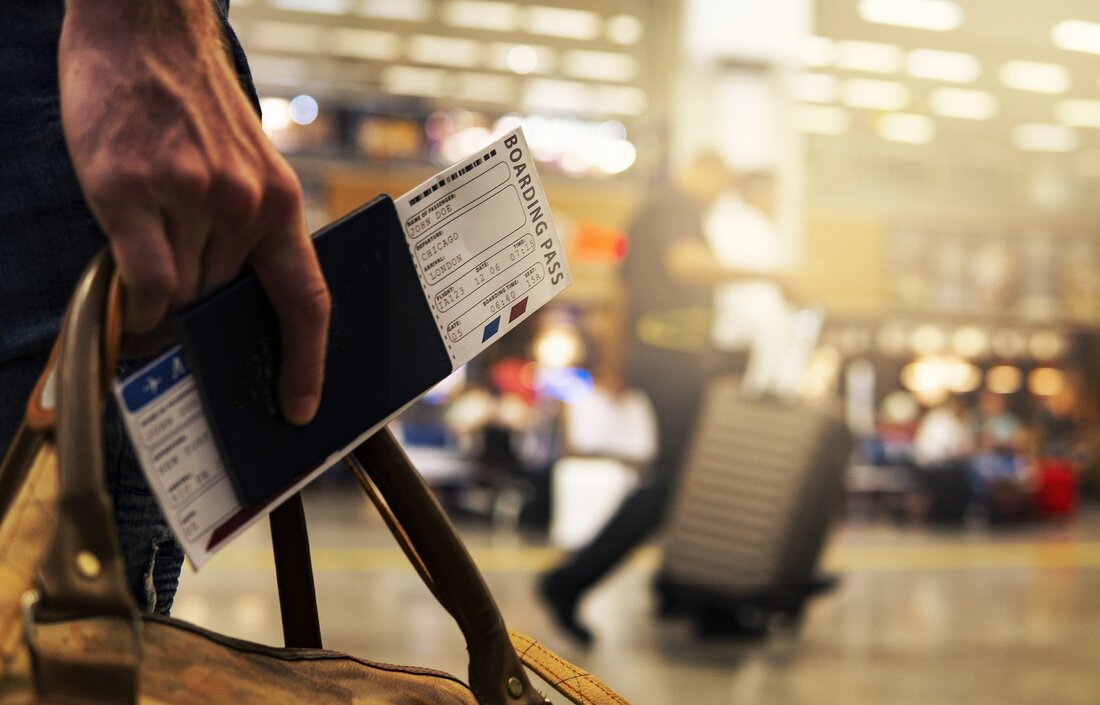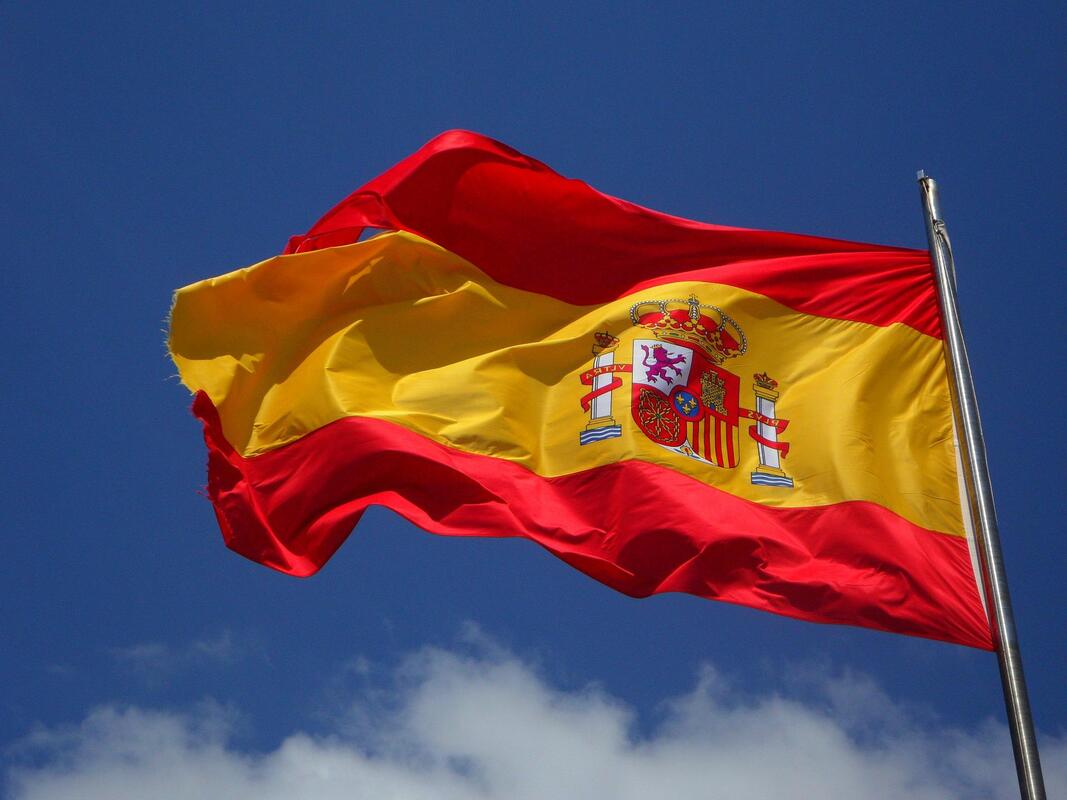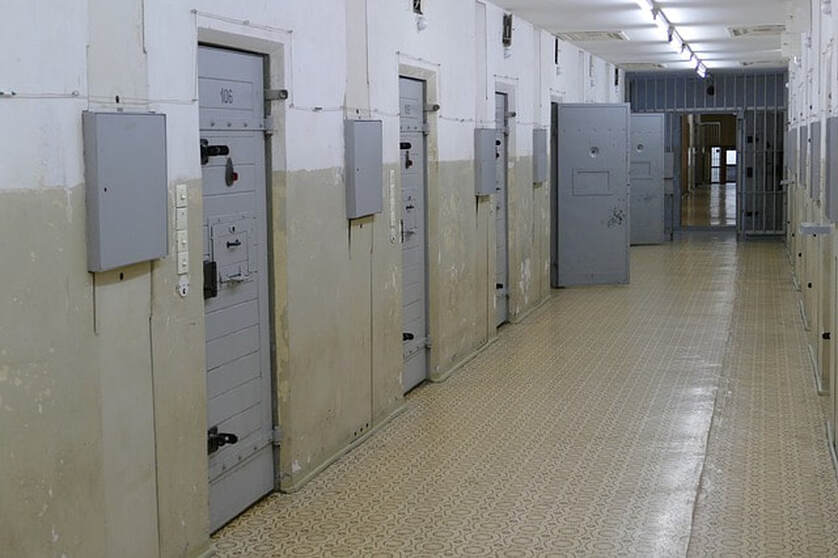|
What is a trademark?
Trademarks protect distinctive signs that identify your products and differentiate your goods or services from other providers. Distinctive signs are amongst others:
What is the difference between a national trademark and a European trademark? A natural person or a legal person who only needs protection in one EU country, for example in Spain, could register a trademark in that specific country at OEPM. However, if this person wishes to get protection or earlier mentioned benefits in all EU countries (for example a national Spanish company that would like to protect its logo, while going international and start trading in other EU countries), then one should register a European trademark at EUIPO. For international protection even outside of the EU, one would need to register with the World Intellectual Property Organisation (WIPO). INTRO-LAW.COM can help you with trademark law and registration (Spanish and EU trademarks and intellectual property law).
1 Comment
The requirements of entry depends, for example if the foreigner is a citizen of EU or of a third country. However we can provide these general requirements, stated below:
Requirements:
A residence for studies in Spain can be changed to a residence and Work Authorization for an Employed Person. This modification procedure is included in article 199 of the Immigration Regulations. The requirements would be, among others:
1) Have been in Spain for at least three years with an authorization to stay for studies 2) Not having received a scholarship or subsidy from public or private organizations within Spanish cooperation or development programs or from the country of origin. 3) Have completed studies. 4) Have a job offer This authorization will be processed as an initial authorization, valid for one year, and after this period you must renew your authorization. In this way, once you have been in Spain for a certain period of legal stay as a student, you can change your student card to a residence and work permit. Often people confuse criminal records with police records at the same time people know, that these kinds of records could affect negatively on a residence permit or nationality application and the renewal of these or for example when applying for a job or joining an association in Spain.
CRIMINAL RECORD AND POLICE RECORD Criminal records and police records are a kind of registered annotations about certain actions or sanctions that have occurred in Spain. In the case of criminal records, the register entries are made in the Ministry of Justice, and in the case of police records in the records of the Ministry of Justice. This was the first difference between the records. The other difference between these records is the nature of the act itself. Therefore the first difference is found in the entries in these records are made in different ministries, depending on whether it is a criminal or police record. The criminal record is an entry in the record after a final criminal sentence issued by a Court, that has to lead to a certain sanction of the committed crime. Another thing is the police record, which is an entry in a register that they have collected in the framework of the prevention or investigation of crimes or administrative infractions. A general annotation is could be if someone has been detained. CRIMINAL RECORD CERTIFICATE To find out if you have a criminal record, you may apply for a criminal record certificate (Certificado de antecedentes penales), that is issued by the Ministerio de justicia. We remind you that criminal records are generated only when we have been convicted in a final sentence for the commission of an act constituting a criminal offense. ACCESS TO POLICE RECORDS As for the police record, you could apply for a certificado de antecedentes from the type of police body that has made the entry. For example Guardia Civil or certain police of an autonomous region. One could ask for the deletion of these records. Traveling to Spain with an invitation letter.
Even if one has to apply for a visa or not, traveling to Spain from outside the EU requires proof that the foreigner meets certain entry requirements, including accommodation. On many occasions, foreigners will state that they will reside at the place where the inviter (usually) a friend lives. In this way the invitation letter allows them to stay in Spain for three months. After this, a residence permit is required. What happens if one does not comply with the invitation letter and stays over three months? Firstly it will be a breach of the invitation letter, where the foreigner has committed to return to his country of origin. This breach could lead to economic sanctions for the inviter. The other consequence is that the foreigner will be in an irregular situation in Spain. This could lead to a financial sanction or an expulsion order, with a prohibition of entry. The sanctions may vary from 500 – 10.000 euros. Nationality is the legal bond that unites the person with the state and has the double aspect of being a fundamental right and constituting the legal status of individuals.
The individual enjoys rights that he can demand from the state organization to which he belongs and the latter, in return, can impose the fulfillment of a series of obligations and duties. Nationality is a right that can be achieved and that allows you to reside and live indefinitely in Spain; while granting certain benefits, such as the right to vote or move freely and to work within the EU. The most common way to obtain Spanish nationality is by birth. As long as you were born in Spain and of Spanish parents, you directly become a national of Spain at birth. However, the Civil Code accepts also 'procedures that may allow a foreigner, to obtain a Spanish passport. One of the ways to obtain nationality is by residence, which requires the person to reside in Spain for ten years legally, continuously and immediately prior to the request. There are cases where the required period of residence is reduced; these are: 1) Five years: for the granting of Spanish nationality to those who have obtained refugee status 2) Two years: for nationals of Ibero-American countries, Andorra, the Philippines, Equatorial Guinea, Portugal or people of Sephardic origin. 3) One year: - Whoever was born in Spanish territory. - Those who did not duly exercise their right to acquire Spanish nationality by option. - The one who has been legally subject to guardianship (under the supervision of a guardian), custody or foster care (the foster care that allows the reduction of legal residence to one year is the one in which there is a resolution of the public entity that has in each territory entrusted with the protection of minors and foster care that are legally recognized) of a Spanish citizen or institution for two consecutive years, even if they continue in this situation at the time of the request. - Anyone who, at the time of the application, has been married to a Spaniard for a year and is not legally or de facto separated. - The widow of Spanish, if at the time of the death of the spouse they were not separated, in fact or judicially. - Those born outside of Spain to a father or mother (also born outside of Spain), grandfather or grandmother, provided that all of them were originally Spanish. Fighting for consumer rights in Spain. How to get the entrepreneur to respect consumer rights?3/13/2021 Fighting for consumer rights in Spain usually requires communication in Spanish and often the skills of a lawyer, as well as unyieldingness and patience if you want to get the consumer case to your advantage.
Spain, with a population of about 50 million, can also accommodate a wide variety of entrepreneurs, and our law firm is often contacted when an online order was never delivered and customer service speaks nothing but Spanish. But there has also been all kind of cases where entrepreneurs do not stand for their obligations to refund or restore false installations or products, for example, custom-made yard furniture and structures have been different from those mentioned in the offer, etc. Spanish consumer protection is multifaceted and there are different types of consumer bodies, such as online public consumer instances, who act as a “disgrace platform” to companies that have failed to comply with consumer standards. There are also regional official consumer bodies and other consumer organizations. In addition, there is a legal system under which the consumer can take his case to court. Spanish and Europe also have strong consumer laws to confirm a consumer’s demand. If your consumer rights have been violated, you should first contact the entrepreneur and try to reach an agreement. If this does not help, our lawyer can contact the entrepreneur directly and file an official complaint. The matter can then be taken, for example, to a local consumer body, which will make a decision on it or take the matter up to court. Depending on the case, the consumer may have the legal right to claim additional compensation up to double the amount. Illegal arrested in Spain? Can you allege to Habeas Corpus and be set free?What is Habeas corpus?2/25/2021 What is Habeas corpus?
Many people tend to think that once someone is arrested, they could simply spell the magic words of “Habeas corpus” and claim their right to be set free until the court proceedings, while they should be presumed innocent. However, that is not the case; even if it is true that the Spanish Constitution does state that every person has a right to freedom and that if arrested it has to be on legal grounds, if not, then he has the right to allege for Habeas Corpus, it still has to fulfill certain conditions. First of all, the aim of the habeas corpus proceeding is not to judge the issue if someone is innocent or not. Habeas corpus is the proceeding, that aims to protect the rights of legal detention, meaning that one can claim habeas corpus when he is illegally arrested. The Organic Law of Habeas Corpus is stating the different situations for which one could be considered illegally arrested. If one thinks that the arrest is illegal, then he, the lawyer, the prosecutor or Ombudsman officer or f.ex. a family member can claim for habeas corpus, which means that the case has to be reviewed and decided about the illegality or not about the arrest within 24 hours. Common assumptions for illegal arrest could be that one is arrested without that the officers have informed about the grounds for the arrest, or is kept one arrested over 72 hours without a legal proceeding. However, one has to understand that habeas corpus is not applicable in situations, where it exists a judge's decision on putting someone behind bars. In general, the applicable situations are when the police, guardia civil or other authority is locking someone up without legal grounds or when one is put to jail via a civil arrest for a crime in flagranti. In these cases, and if you are concerned that the arrest did not fulfil the conditions for a legal arrest you could claim for habeas corpus and get your case reviewed within 24 hours and claim the possibility to be set free. Please, not that the concept of habeas corpus is much more than discussed in this post. This post is not meant for any legal advice. More specific info about habeas corpus by case-by-case study. Please, contact us in case you are arrested illegally and we can study the case. The European Commission has proposed an improvement of the global system on Migration and Asylum that covers all the extent necessary for a comprehensive European approach, improving cooperation with countries of origin and transit, guaranteeing effective procedures, successful integration of the refugees, and the return of those refugees who have no right to stay. This is intended to carry out more efficient and faster procedures, implementing an integrated border procedure that includes a pre-entry screening that involves the identification of all persons who cross the external borders of the EU without authorization or who have disembarked after a search and rescue operation. It also includes carrying out health and security controls, taking fingerprints, and registering in the Eurodac database. Once this is done, the selected persons will be directed to the appropriate procedure, either at the border for certain categories of applicants or in an ordinary asylum procedure. As part of this border procedure, decision-making will be faster, so that the uncertainty of the people whose cases can be examined, will take as little time as possible. It is also intended to achieve an equitable distribution of responsibility and solidarity of the Member States, which will have the obligation to be responsible and in solidarity with each other, contributing in solidarity in times of emergency to accomplish to stabilize a conclusive system, supporting those Member States under pressure and ensure that the Union meets its humanitarian obligations. A flexible contribution system from the Member States is also proposed by the Commission. These can range from relocating asylum applicants from the country of first entry to assuming responsibility for the return of persons without the right to stay or various forms of operational assistance. The existence of a solidarity mechanism will cover different situations, including the disembarkation of people as a result of search and rescue operations, pressure, crises, or other specific circumstances. The Commission will seek to promote a common EU system for returns, to make EU migration rules more credible and propose common coordination, with better strategic planning to ensure that EU and national policies are aligned, as well as better monitoring of migration management on the ground to increase mutual trust, improving the management of external borders. Achieving credible legal migration and integration policy will benefit European societies and economies. Launching partnerships with non-EU countries tailored to EU force and skill requirements will strengthen resettlement and promote other complementary routes, seeking to develop a European support system. In Spain, a lawyer practicing law or legal advice must hold the title of abogado (lawyer) and be a member of the local bar association (Colegio de abogados). This means that not everyone is allowed to sell legal advice or represent a client in court.
There are, of course, a few areas of law or situations in which, for example, the client can send the application to court himself or defend his case without a local lawyer (an abogado). If you intend to practice law and provide legal services in Spain, you must have the required degree in Spain. Legal studies started elsewhere can also be accepted and completed in Spain. As a general rule, once a Spanish law degree and diploma in law (máster en ejercicio de la abogacía) has been recognized, the lawyer is still required to practice under a senior abogado, after which he may take part in national exams for lawyers. If the exam is passed, the lawyer must apply for a certificate from the Spanish Ministry of Justice. He can then apply for membership in the local bar association (Colegio de Abogados). The members of the association must meet certain conditions and send information to the association, e.g. criminal record and details about their own business or workplace. Besides, the abogado must have insurance or other warranty that covers responsibilities that occurred in their practice. The abogado then receives his or her bar association number for identification. In Spain, therefore, it is not possible to practice law without being a member of the bar association(Colegio de abogados), and only lawyers belonging to the bar association with an abogado title may practice as a lawyer. An Abogado must also abide by the rules of the bar association and its legal duties. |
INTRO™International Tax & Law Categories |
|

Law Office INTRO
|
|
|











 RSS Feed
RSS Feed